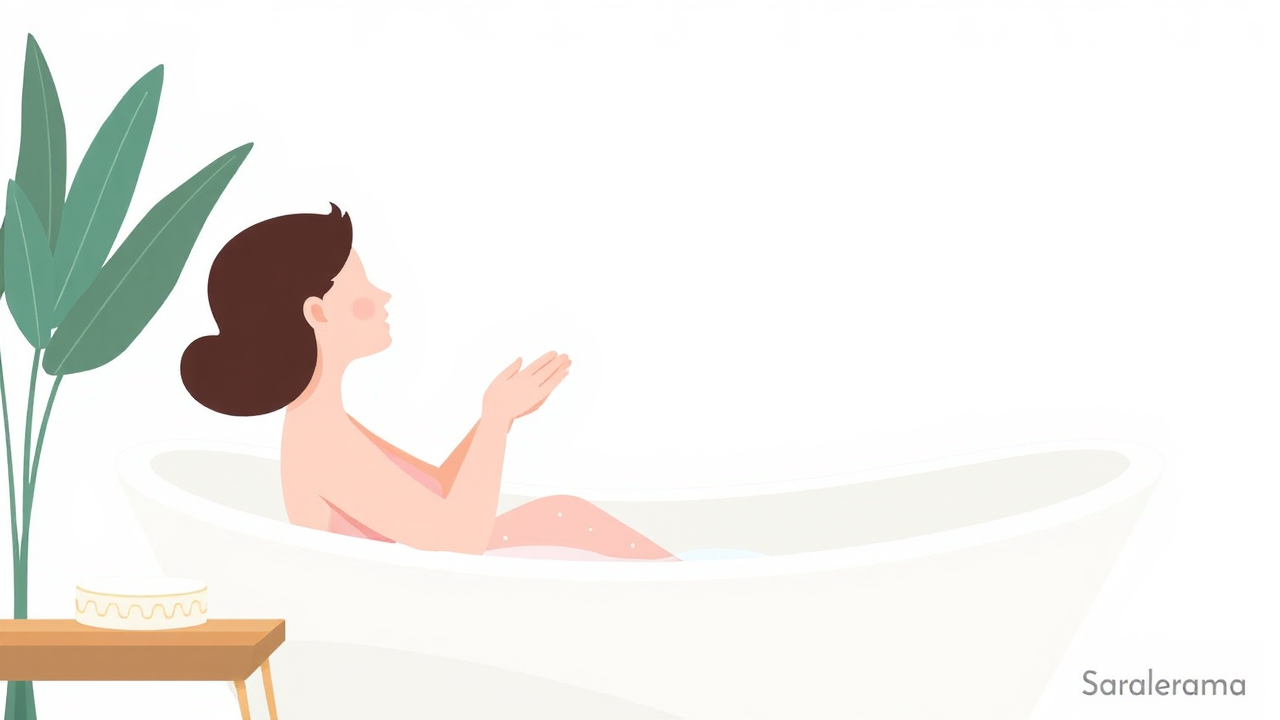Actor Vidya Malavade recently shared that she has not used soap on her body for over 10 years. She follows a unique post-shower routine that involves stepping out of the water briefly, repeating affirmations to remove negative energy, and avoiding soap in favour of plain water, rosewater, or traditional besan ubtan. Her approach combines meditation with skincare. To understand the science behind this practice, experts explain that many people do not need soap daily. A 2024 study found no difference in skin infections between those who washed with water and those who used cleansers. However, soap remains important for high-sweat areas like underarms, groin, and feet. Soap-free bathing can help maintain natural skin oils, support the skin microbiome, and result in softer, less irritable skin. Traditional alternatives like ubtans offer gentle exfoliation, though experts caution against switching abruptly without considering individual skin needs.

Expert Advice on Transitioning to Soap-Free Bathing
Dr Swetha Sridhar, Assistant Professor of Dermatology at Lady Curzon and Bowring Hospital, Bengaluru, advises against switching to soap-free bathing overnight. The skin may feel greasier or develop stronger odour until the microbiome rebalances. She recommends starting gradually by limiting soap use to high-sweat areas such as underarms, groin, feet, and hands while rinsing the rest of the body with water. Moisturising afterwards helps preserve the skin barrier. People with acne, psoriasis, fungal infections, or very oily skin likely need targeted cleansers. In hot, humid regions, water alone may not suffice, risking odour, rashes, or infections. Observing the skin's response and adjusting accordingly is essential.
Source: Link
